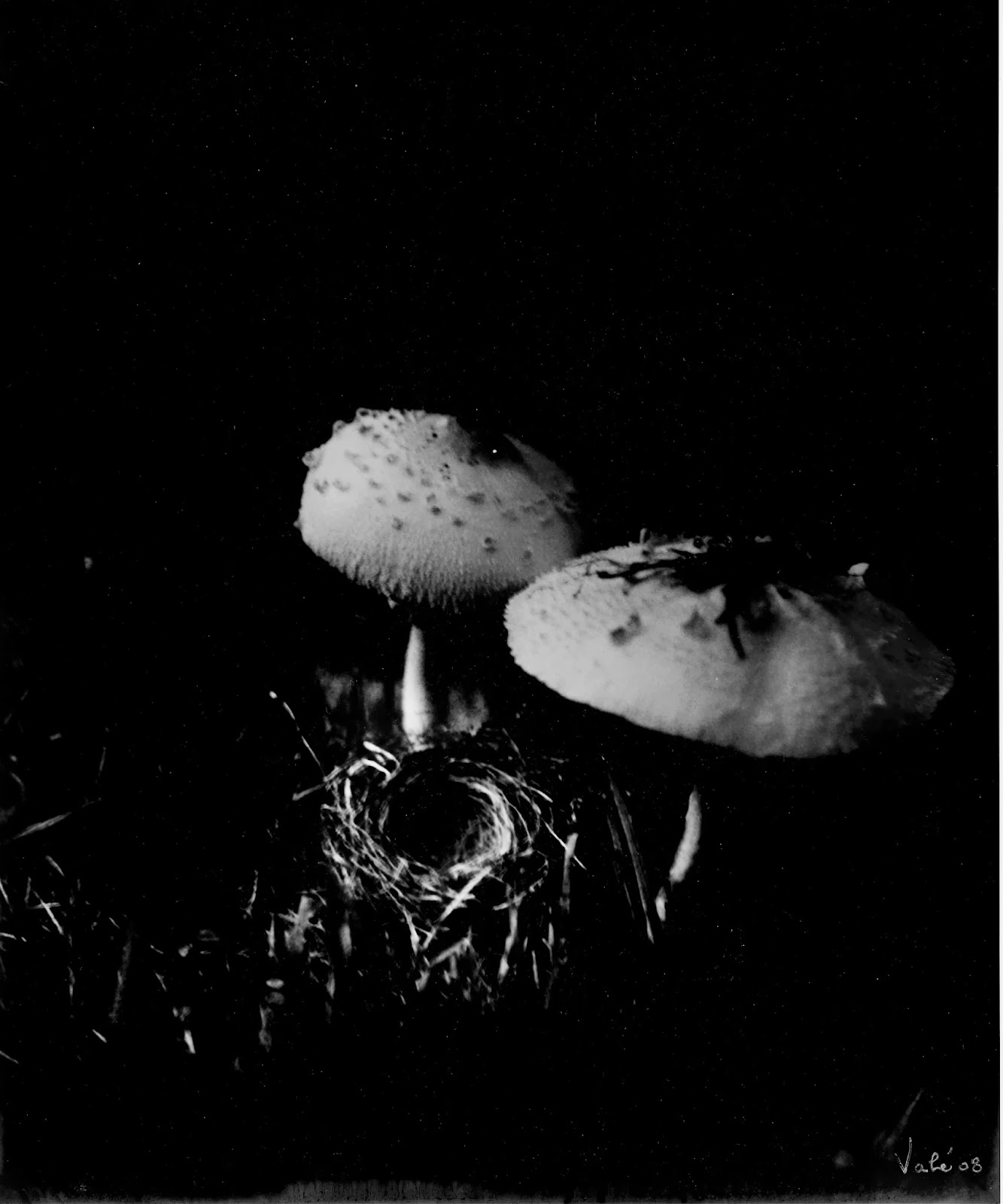Thirty-five centimeter of snow overnight
and Baltimore is taking the day off. It is calm, bright, dark, cold and quiet
outside. A good day for preparing my upcoming lectures.
As my mind drifted to tropical scenes,
sunny streets in Barcelona or Singapore, unconsciously I thought about
cantaloupes. I like them only during warm weather, although nowadays seasonality
has no meaning: one can find any fruit any time of the year. When I was a kid
we had strawberries in August only, lamb in the spring and cucumbers when the
neighbor’s kids did not smash the vines on their way to school.
… The worst food-borne illness outbreak in the United States, measured by the number of deaths, since 1970
was due to listeriosis from contaminated cantaloupes. Voilà, I had my topic and
I was pleased that my state of mind lead me to it, through fantasies of sun and
sea.
Sure,
we all know about these pesky bacteria and food poisoning. Yet, the story of
microbes is a fascinating one and I wanted to provide an introduction to “germ
theory”. So off to Pasteur and
pasteurization I went.
…Delightfully,
I had forgotten some details. For
example Pasteur, a chemist by training, came to the world of biology because he
was asked to investigate the reason why wine was turning to a sour juice and
ruining the local business. He soon realized that there were funny, rod-shaped microbes
in that juice and described his new professional life as one of entering “the world of the infinitely small.”
What
I had really forgotten was the work of Girolamo Fracastoro, who in 1546 posited the
discovery of what he called seminaria, the
yet undiscovered infinitely small organisms, he predicted would spread disease.
Seminaria!
For a second I smiled thinking that it may be the origin of seminary. So I checked the dictionary.
Regarding
the origin of seminary, it stated:
Middle
English, seedbed, nursery, from Latin seminarium,
from semin-, semen seed
I was intrigued. Could Fracastoro
be the inventor of this word, or more importantly its definition? Was the
concept of transmission at the core of the institution? Transmission in
invisible ways, through teaching and behavior?
Indeed, the definition of seminary
said:
“An environment in which something
originates and from which it is propagated”
I took my reading glasses off and
looked out of the window. Snow was coming down steady and fluffy. No one in the
streets. My tropical fantasies had now taken a back seat in this journey
through time and discovery.
An environment in which something
originates. Our world can thus be defined the mother of all seminaries as it is
the sum of infinitely diverse seminaries. We originate war, love, peace, new technologies,
new pains, and universal hope every second our globe rotates upon its axis.
An environment from which what was
originated is propagated. It is difficult not to immediately think about the
Internet as a seminary. All what we originate is immediately disseminated in
this virtual reality of our new world. Where seminaria can become movements, new hopes, new discoveries, and new
encounters. Where in fact seminaria are maximus, larger than the sum of all
parts real or fictitious.
The vastness of the Internet seminary has catapulted to the forefront of group concerns, that of identity. How do we keep it? Do we risk to become, de facto, part of the global community where identity is who you know, who "likes" you through social media, and who shares your immediate aspirations? It is a contemporaneous definition of pseudo-identity which depends heavily on the allure of this seminary of global optic.
The vastness of the Internet seminary has catapulted to the forefront of group concerns, that of identity. How do we keep it? Do we risk to become, de facto, part of the global community where identity is who you know, who "likes" you through social media, and who shares your immediate aspirations? It is a contemporaneous definition of pseudo-identity which depends heavily on the allure of this seminary of global optic.
… I have written before that “there
is no I in Identity”. I still believe so. Yet, is identity the sum of “I”s
which disappear when they form an identity? Would identity be the transformation
of the all the infinitely small into a symptom, statement or behavior?
If the cantaloupe was the seminary
for listeriosis, what is the seminary for identity? For the hope to transmit the
language to the next generation so they can read poetry in that language? So
they can indeed be that very language?
… I put my glasses back on, and
started typing the introduction to my lecture:
“The human mind has often discovered
before seeing things. Take for example the work of Girolamo
Fracastoro, who in 1546….”
February 13, 2014
© Vahé A. Kazandjian, 2014
I took this picture in the woods near Columbia, Maryland with my beloved Ukrainian 1960s Salut C medium format camera.
I took this picture in the woods near Columbia, Maryland with my beloved Ukrainian 1960s Salut C medium format camera.

No comments:
Post a Comment